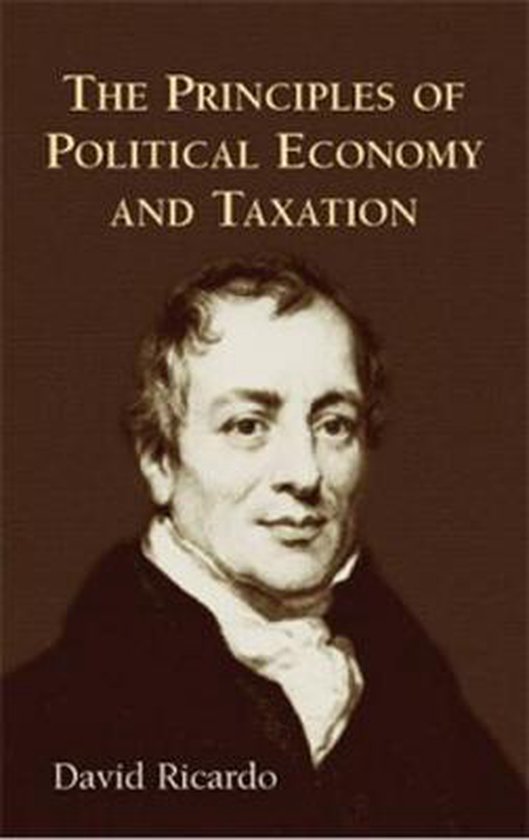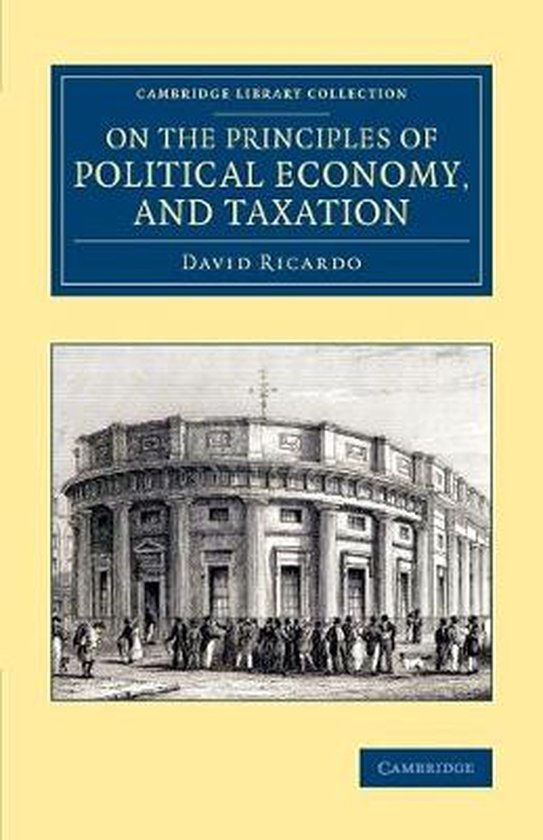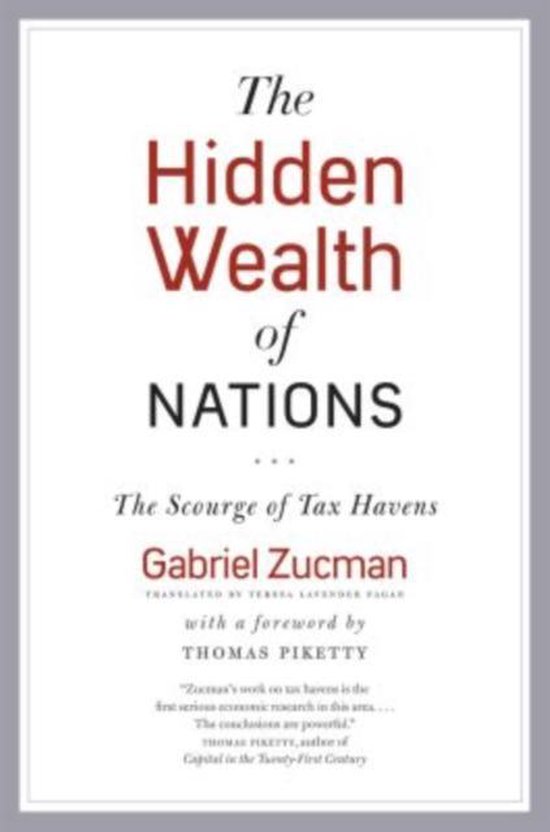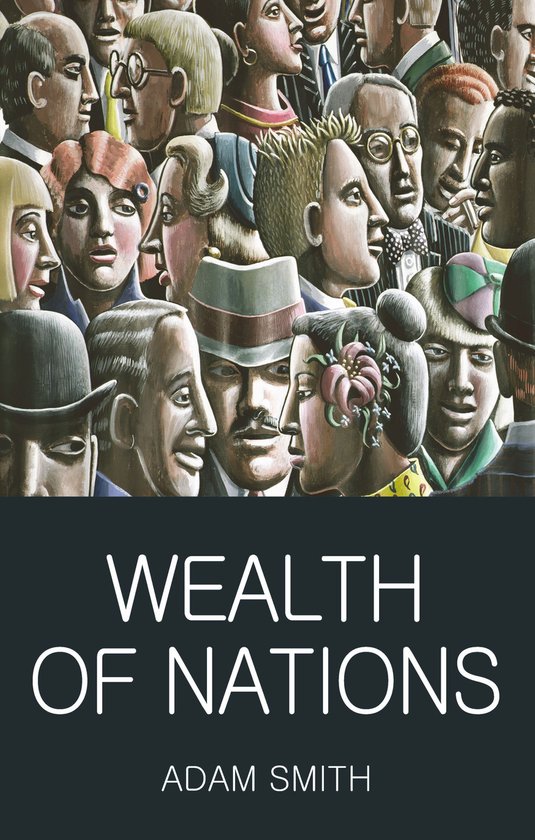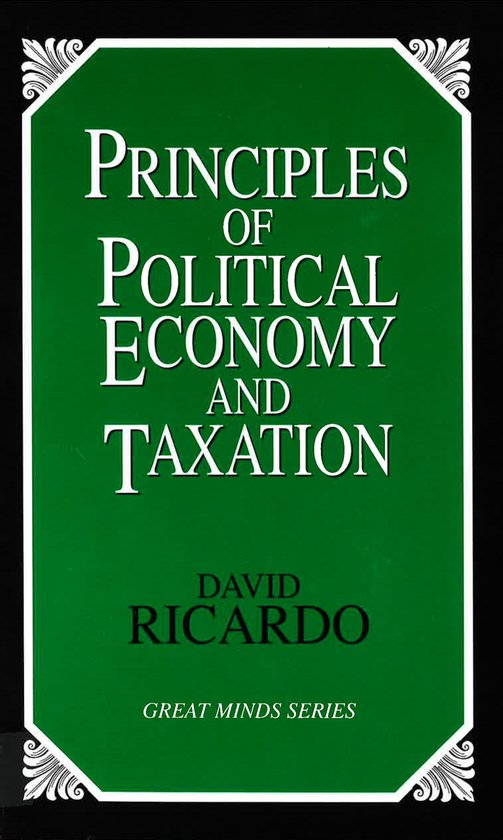
Principles of Political Economy and Taxation
Lays the groundwork for the principles of the market economy. This book established the guiding ideas behind the economic concepts of diminishing returns and economic rent.
David Ricardo (1772-1823), the founder of the classical school of economics, applied the deductive logic of the philosopher James Mill to the analysis of monetary principles. His chief work, Principles of Political Economy and Taxation, first published in 1817, had a profound impact and remains one of the groundworks of modern economics. Ricardo's labor theory of value, as well as his elaboration of the division of incomes, and the function of wages, rent, and trade, deeply influenced the economic philosophies of Karl Marx, John Stuart Mill, Alfred Marshall, and many others.
David Ricardo (1772-1823), the founder of the classical school of economics, applied the deductive logic of the philosopher James Mill to the analysis of monetary principles. His chief work, Principles of Political Economy and Taxation, first published in 1817, had a profound impact and remains one of the groundworks of modern economics. Ricardo's labor theory of value, as well as his elaboration of the division of incomes, and the function of wages, rent, and trade, deeply influenced the economic philosophies of Karl Marx, John Stuart Mill, Alfred Marshall, and many others.
| Auteur | | David Ricardo |
| Taal | | Engels |
| Type | | Paperback |
| Categorie | | Economie & Financiën |
